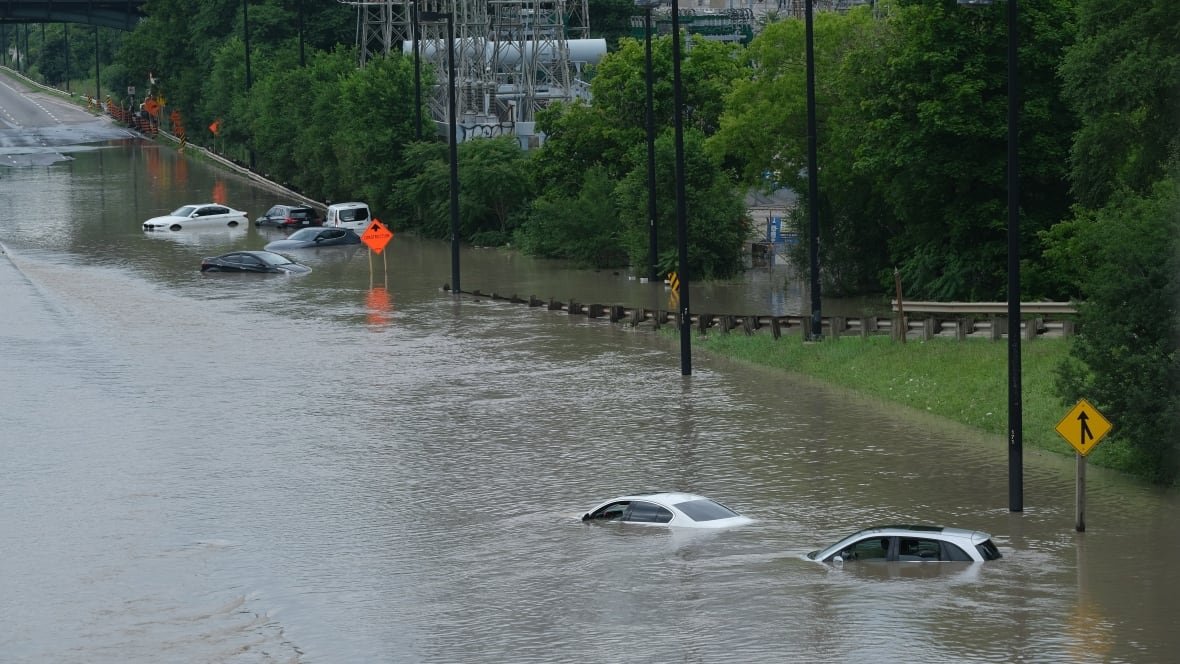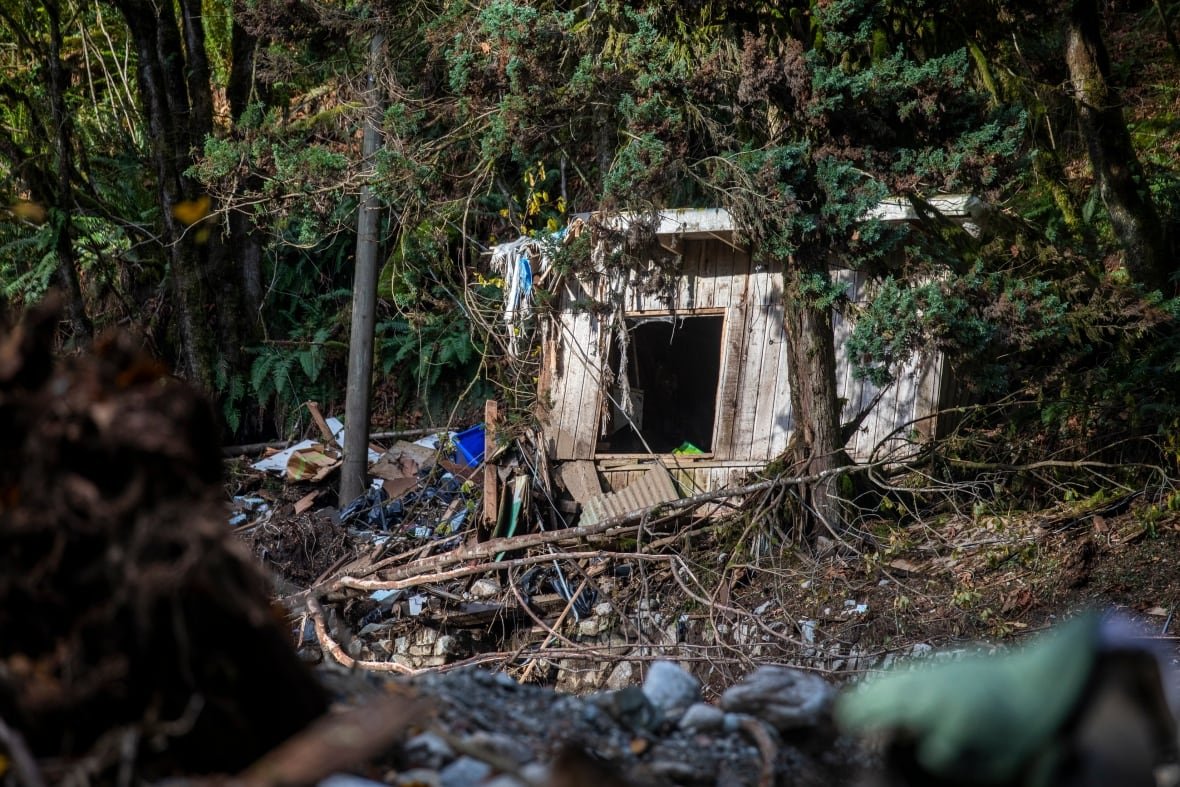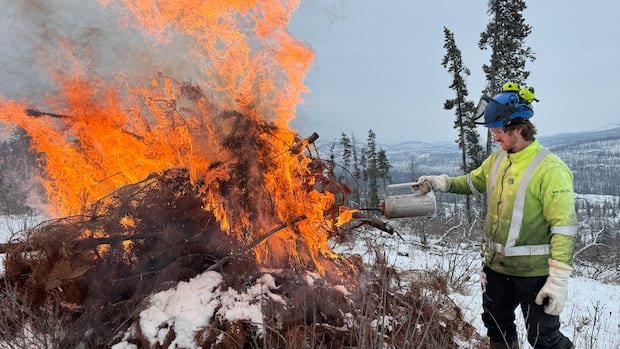With 2024 being the single-most expensive year on record in terms of insurance payouts in Canada, following a swath of devastating weather-related disasters, insurers are warning that home insurance rates in 2025 are likely to increase significantly.
The Insurance Bureau of Canada says insurers paid out $8.55 billion in 2024, more than $2 billion more than 2016, the next worst year on record.
It came after hundreds of homes were obliterated by a wildfire in Jasper, Alta., and parts of the Greater Toronto Area were underwater from floods in what was a year of climate-driven disasters in Canada.
B.C. saw its fourth-worst wildfire season by total area burned last year, as well as a series of storms towards the end of the year that caused multiple deaths from flooding and landslides.
Insurers warn that the series of climate-induced calamities likely means insurance rates are going to go up this year, and they’re providing tips for homeowners who may be looking at renewing or getting a new policy.
Jason Clark, the national director of climate change at the Insurance Bureau of Canada, said that Canada was becoming a riskier place to live, work and insure.
“The reality is that climate change is fuelling these severe weather events,” he said. “We’ve seen … an increasing frequency, severity and cost associated with that.”

Clark said that the insurance bureau is only able to calculate the insured loss, and the total losses from climate disasters are much higher.
“We’re clearly not prepared,” he said. “So governments across the country need to take this very seriously.
“We need to invest, and there’s multiple ways we can do that. We need to invest in preparedness and in the resilience of our communities to make sure that our households, our communities are better protected.”
Parks Canada is reworking its 2025 wildfire prevention plans in Jasper after a wildfire destroyed one-third of the town in July. The CBC’s Acton Clarkin is on the ground in Jasper National Park with the details.
Homeowners advised to shop around
Daniel Ivans from online insurance comparison website Rates.ca says it’s difficult to put a percentage on how much home insurance premiums could increase in 2025.
“With over $8 billion paid out in claims as a result of weather phenomena, it wouldn’t be surprising to see a pretty significant hike on home insurance rates,” he said.
Ivans advised people to shop around, compare rates or go to a broker to get the best rates.
Tony Gioventu, executive director of the Condominium Home Owners Association of B.C., says climate risks are particularly pronounced in B.C., which is in a seismically active zone and prone to wildfires and flooding events.
“We’re starting to see not only rates go up, but we’re really starting to see exclusions on policies now, which I think consumers really need to be paying attention to,” he said.

Gioventu says that those exclusions can be due to reasons like houses being built on slopes, which could be prone to landslides.
He advises homeowners to look at filling gaps that other insurance policies — like strata insurance — may not cover.
Climate change cited as factor
Ryan Ness, director of adaptation research at the Canadian Climate Institute, says that if current trends continue, the damages would be “unsustainable” — in the hundreds of billions of dollars per year by the end of the century.
“We can reduce those costs dramatically by reducing emissions, which limits the amount of climate change and climate extremes that we’ll see in the future,” he said. “But also investing in strengthening our infrastructure, our communities and our homes against this new weather reality.”
An Environment and Climate Change Canada spokesperson says the federal government has invested more than $6.6 billion in climate adaptation initiatives since 2015.
“Canadians can rest assured that their safety and the work to strengthen our emergency response, increase our resilience and protect vulnerable communities remains our utmost priority,” said Joanna Kanga, the press secretary for the federal Emergency Preparedness Ministry.
George Monbiot — climate activist, author of Heat: How to Stop the Planet from Burning, and a frequent columnist for The Guardian — responds to the notion that it is now impossible to combat the effects of climate change due to years of inaction. He tells BC Today host Michelle Eliot it’s crucial to take any action against climate change now to limit the scale of the damage, especially in the face of misinformation and hostile dialogue about the environment.
In B.C., the province says it has provided $467 million to First Nations and local governments through emergency management funding programs since 2017.



